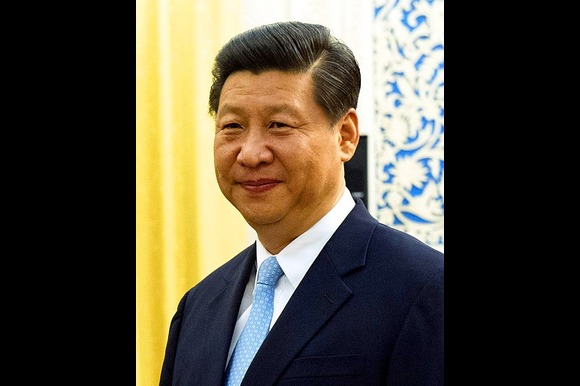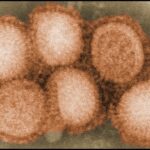Global CEOs, including Cristiano Amon of Qualcomm Inc. and Amin Nasser of Saudi Aramco, are set to visit Beijing for an annual assembly of leading executives, according to sources familiar with the situation. Some of these executives are anticipated to engage with prominent leaders, including President Xi Jinping.
Arrangements are reportedly underway for the CEOs to meet with Xi on March 28, as indicated by sources who requested anonymity due to the sensitive nature of the discussions. They also noted that these plans may be subject to modification.
Notable figures who have participated in the China Development Forum previously, such as Steve Schwarzman from Blackstone Inc., Albert Bourla of Pfizer Inc., and Rajesh Subramaniam of FedEx Corp., are expected to return this year, as per the sources. The forum is scheduled to take place from March 23 to 24.
Additionally, Republican Senator Steve Daines, a member of the Foreign Relations Committee, is anticipated to meet with a senior Chinese official and representatives from U.S. businesses on Saturday, according to some sources.
Daines mentioned on social media that he intends to address the issue of “the flow of deadly fentanyl into our country,” a concern that former President Donald Trump highlighted as a justification for imposing tariffs on China.
The Financial Times was the first to report on Daines’s visit and the potential meeting between Xi and the CEOs. Neither the Foreign Ministry in Beijing nor the organizers of the China Development Forum responded immediately to requests for comments.
China’s planned engagement with these prominent business leaders emphasizes its message of being open for business, contrasting sharply with Trump’s more protectionist “America First” approach.
Furthermore, Beijing aims to position itself as a proponent of private enterprise, as demonstrated by Xi’s recent high-profile meeting with entrepreneurs, including Alibaba Group Holding Ltd co-founder Jack Ma.
Xi is attempting to mitigate the outflow of foreign investments and address ongoing economic challenges. The government’s target of achieving approximately 5% economic growth this year may be jeopardized by additional tariffs imposed by Trump, which could compel Beijing to implement extensive stimulus measures that it has thus far refrained from initiating.
Last week, China enacted retaliatory tariffs on a variety of U.S. products, affecting items ranging from beef and poultry to grains. High-level negotiations between the two nations seem to have reached a stalemate, with officials failing to communicate effectively and struggling to find common ground on how to move forward.
Beijing officials have indicated that the U.S. has not provided specific expectations regarding actions China must take concerning fentanyl in order for the tariffs to be lifted. However, Trump’s administration disputes this claim, citing communications sent by the White House through diplomats in Washington.
The China Development Forum (CDF), established in 2000 with the support of then-Premier Zhu Rongji, serves as a venue for high-level discussions between China and the international community.
Several CEOs are expected to participate in the Boao Forum for Asia, taking place in Hainan province from March 25 to 28, as well as the HSBC Global Investment Summit in Hong Kong, scheduled for March 25 to 27.
A select group of American business executives had the opportunity to meet with Xi last year following a last-minute invitation. This meeting extended beyond 90 minutes, during which delegates posed questions that Xi addressed. At that time, Xi expressed his belief that there was no necessity for Washington and Beijing to sever their ties and conveyed his desire for American companies to invest in China. Prior to the pandemic, Xi frequently engaged with business leaders at events like Boao.






